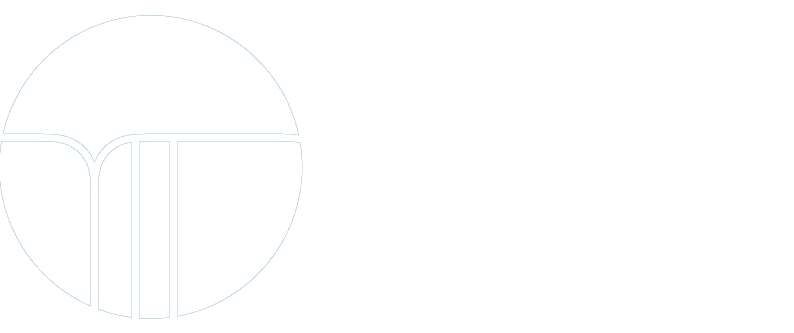General impressions
There were apparently around 60 people signed up and in the morning the room was pretty full; in the afternoon it looked emptier. The audience appeared to be quite mixed - yoga teachers, academics, health professionals - as were the papers and presentations.
The venue was good (Westleigh Conference Centre), with a large well-equipped room and lots of lovely outdoor space, where practical sessions took place.
The two big sponsors were the Indian Consulate and the Confucius Institute.
Programme
The day began with practical sessions, then a few words from someone from the Indian Consulate followed by a keynote speech from the Director of Public Health for Lancashire (his slides weren’t working for some reason so he had to ad-lib it, but he came across as very genuine and well-informed and actually practises yoga).
In the afternoon the Head of a yoga college in Chennai spoke via Zoom. This was a bit odd as he was hard to follow at times and was talking about ‘meditation championships’, which I must admit did lose me a bit! The next keynote speech was more engaging as it was by a woman who runs a community-focused yoga centre in Preston; she was keen on diversity and accessibility. The final one was on Qigong for executives, so a bit of a departure from what had preceded.
Our presentation was part of the 5-minute presentations and we’d been invited to go first, which was good. These were again very varied in approach and content: accessible yoga, yoga in schools, yoga for people with Parkinsons, prescribing yoga (Paul Fox), chair yoga, mindful movement in China in the 7c, yoga and qigong in higher education.
Everything concluded with a round table but we missed that as the programme was running about 30 minutes late and we had to get to the station.
Thoughts
This was a good initiative which they seem keen to repeat next year, and it was good for YTT to be there. Maybe we would consider attending/presenting again. However, I had some reservations (which I will share with them when they ask for feedback):
• I felt they needed to define better what the conference was about and in the future it would be helpful to do that in a really clear call for papers. You need a very obvious thread; just coming together to talk about how good yoga is for you isn’t enough. Maybe they were struggling for presentations so accepted them all, but if so that did lead to loss of clarity.
• this meant that the papers were really too wildly different from each other. Some were teachers basically talking about the classes they do and how great students say they are, whilst others were much more academic, citing published papers etc. This gave everything a very uneven feel.
• this linked to the level of what was being presented, which at times was really basic (yoga = union, the 8 limbs etc). It felt as though everyone in the room would know these things and if they didn’t, probably they weren’t in the right conference. There were some interesting presentations, but I didn’t feel as if there were many/any real insights that emerged.
• what was also lacking for me was a bit more questioning and contradiction. Our presentation was able to do a bit of that, but there needed to be a lot more. I don’t mean having people who wanted to argue that yoga is a waste of time, just a more critical approach to the whole topic. It felt a bit too cosy and consensual.
• I would also have welcomed more opportunity for discussion in smaller groups around a specific topic. There were generous refreshment/lunch breaks and some time in small groups for the practical sessions (the one I went to was OK but slightly underwhelming), but fewer plenaries and more workshops would have been helpful.
• I’m not sure how useful the ‘international’ tag was as basically there were a lot of people from Preston/Lancs, a few from elsewhere in the UK and someone on Zoom from India. Universities love the prestigious ‘international’ label, but I actually think it would work better to just, for example, say you are going to explore local issues, how yoga is/could be delivered in communities in Lancs/UK, rather than trying to over-sell it.
Overall though, a good experience and one for YTT to re-explore maybe next year.
